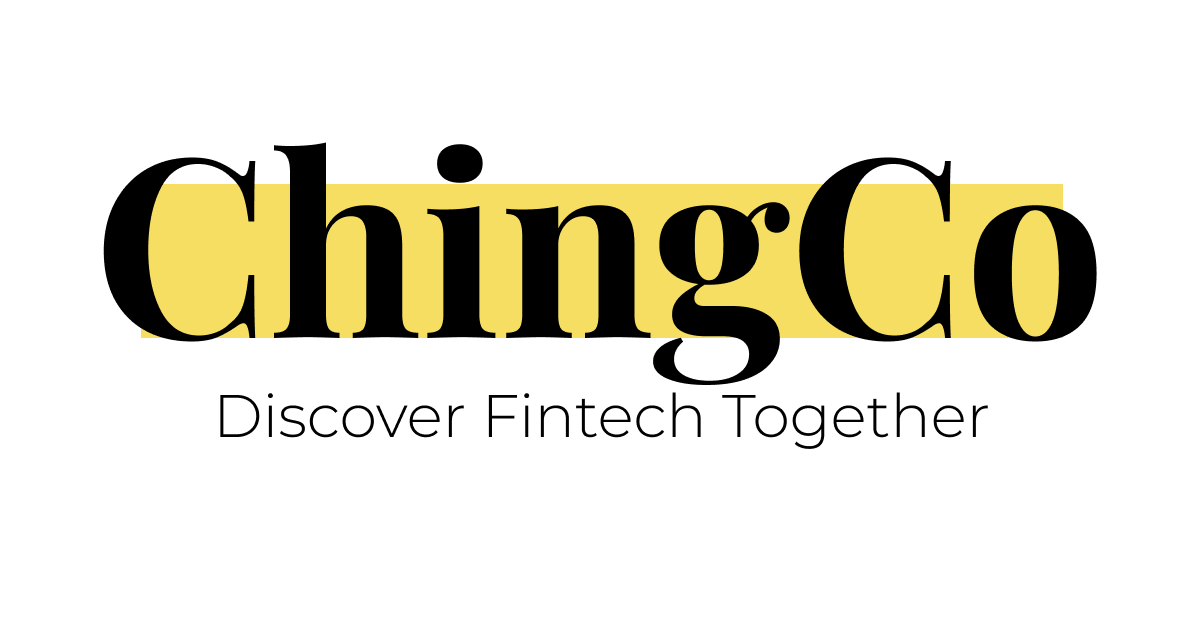Much like other fintech technologies, Open Banking is a disrupting force in the banking sector. It has represented a fundamental shift in an industry that is known for being traditional. But the essential components that make up Open Banking are both the key to innovating, but also the reason it hasn’t yet received more widespread adoption. So, rather than being a significant disruptor, Open Banking is a slow, methodical shift towards a more unrestricted industry.
Defining Open Banking
As the name suggests, Open Banking refers to the opening of banks. As I have mentioned in [previous articles], banks have become more than just guardians of your money. But have evolved alongside technology to become a guardian of all your financial data. From transaction history to your current financial health – banks have a monopoly on this data.
In a simple sentence, Open Banking aims to improve user experiences by allowing 3rd parties to access your data – so long as you’re okay with it.
The components of Open Banking
Open Banking contains three main stakeholders: Banks, third parties and you. Practically this translates to a couple of ideas. The first is, how can my bank safely give away my data to the third party. And by extension, how can a third party safely handle my data. Further, what can I do now that third parties can access my data? These are some critical questions to ask because you don’t want just anyone to have your data… least of all your banking data.
Open Banking is reliant on three conditions :
- Your data is secure throughout the process
- It’s simple and convenient for users
- There is something actually worth using it for
Securely transferring data
So, how do banks safely transfer data? The simple answer is, banks use an API. For non-tech people, an API is essentially a gateway to access data from Banks’ databases. What’s more, banks can regulate how companies interact with this gateway and precisely what they can see. In this sense, an API allows banks to share your data safely. For a more in-depth explanation of what Open Banking is, feel free to read more here.
But as we mentioned before, it’s more than just banks giving access to your data, but also how third parties handle your data. From a purely regulatory view, this is where Open Banking has hit its most significant speed bumps. How can you trust that these third parties will handle your data correctly?
Regulating Open Banking
The UK is the pioneer of Open Banking. To overcome this potential problem, they have mandated that all third parties that want to use these services – need to register with the FCA (Financial Conduct Authority). By following their regulations and rules – the UK government believes that regulation can solve the potential problems hindering implementation.
Do we really need Open Banking?
So the final piece of the puzzle is the most important one. There needs to be something, an application, that makes Open Banking worth using.
Open Banking is something that has only come about in the last couple of years. The recent development of this technology is worth mentioning because the use cases for Open Banking are still in development. Yes, you can currently manage multiple bank accounts in one mobile app – but the future has yet to reveal the most game-changing implementations of Open Banking.
Given time, Open Banking will be able to build an ecosystem of data. Alongside the correct infrastructure, regulations & support – Open Banking has the potential to alter the all too traditional banking sector.
Conclusion
Open Banking is a technology that most certainly has the potential to change the landscape of the financial sector. From a technology perspective, it is a feasible and implementable system that can help users improve their user experience. But Open Banking doesn’t yet have the infrastructure to support it in a meaningful way. That’s something that will take time to evolve alongside what we want from our banks. Although it is a great step forward, this technology represents the beginning of a fundamental change in how we operate. But it’s just that – the beginning.
If you liked this post, please feel free to sign up to our mailing list below for more content related to fintech!





